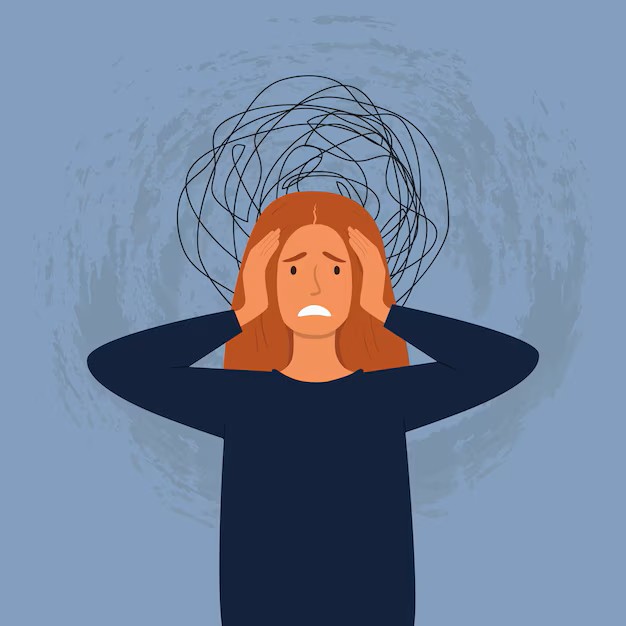Commuting 101: How to Transition from Campus Residency to Living Off Campus
by Mialin Amato | Thursday, Oct 13, 2022
A feeling of excitement creeps up on you as the idea of moving into an apartment sets in. The freedom granted by having a new room to decorate and having complete control over your lifestyle fuels your motivation at the start of the year. At the same time, dread finds its home in the pit of your stomach as you come to terms with the ultimate accountability you’ll have over your life. This transition comes with the gaining of new responsibilities and facing the inevitable feeling of isolation.
I went through this shift in lifestyle whenI moved into an apartment in mid-August. The Honors College’s not-so-fun requirement for freshmen to live on campus for the first two years ended up being pretty beneficial in my case. Considering I began my freshman year in 2020 (COVID-year), I only spent my sophomore year living on campus. However, that year of experiencing life semi-independently introduced me to new responsibilities- these responsibilities doubled or tripled once I made the decision to leave campus to live in an apartment with a friend of mine.
The transition to living off-campus comes with some expected difficulties such as meal planning, considering travel time when attending classes, and keeping up with the utility bills. I’ve adapted to some of these responsibilities by meal-prepping overnight oats for breakfast so that I won’t have to worry about my first meal of the day, waking up about an hour before classes so that I can get ready without a rush, and taking into consideration the driving and parking time. Keeping up with rent and utility bills is a different type of stress- financial. Luckily the bills don’t get too high, but the end and beginning of each month never fails to make me nervous for my wallet. Groceries have also been a less accounted-for expense that has taken its fair toll on me. But learning to cook and spending time honing these skills has been much more beneficial compared to my previous routine of begrudgingly dining at our campus’ oh-so-famous grill station.
SomethingI didn’t anticipate was how much time I would have alone with myself. This isn’t an inherently bad thing- I enjoy spending time with myself as I think of myself as being pretty entertaining. But when stress is piling on due to impending exams, assignments, and projects, it’s hard to manage the resulting emotions alongside the rest of your responsibilities. Even daily activities involving my extracurricular duties become hard to endure when I’m under the weather. Being more isolated than I was while living on campus, I am left to ruminate over the current stressors in my life. Living on campus had previously given me a built-in social outlet by having easy access to the best roommates and active campus life. These stressors range from academic to interpersonal so these feelings are hard to escape at times. The negativity and anxiety that builds up with each passing thought of these stressors all seem to surface in these moments of isolation. The anxiety seems to boil through me leaving me frozen in this cycle of ruminations that only leave me feeling drained and powerless.
Luckily, I’ve channeled these feelings into a few outlets that have improved my coping.
Exercise has always been an activity I’ve enjoyed, and by living alone, I’ve felt very in control of my health. The times that I sense that my mental health is beginning to deteriorate are the times that I try to take care of myself the most. By going to the gym about 3 or more times a week, winding my nights down with a cup of tea, and indulging in my favorite snacks when I need them most, I prioritize my well-being. I also love Spotify (this isn’t an ad but I definitely should be paid to sponsor them considering how much time I spend on the application). Listening to music and learning about different genres of music brings a fun sense of control and freedom of expression. Making sure that I spend an ample amount of time with friends has also been crucial. These habits I’ve implemented into my lifestyle have brought me to understand that this transition phase is simply the beginning of a journey into adulthood that maybe I’m just a bit hesitant to enter. What’s always reassuring to remember is that I’m not alone in this. Most of us will experience this jarring transition and come to silently respect one another for our courage in getting through it.


